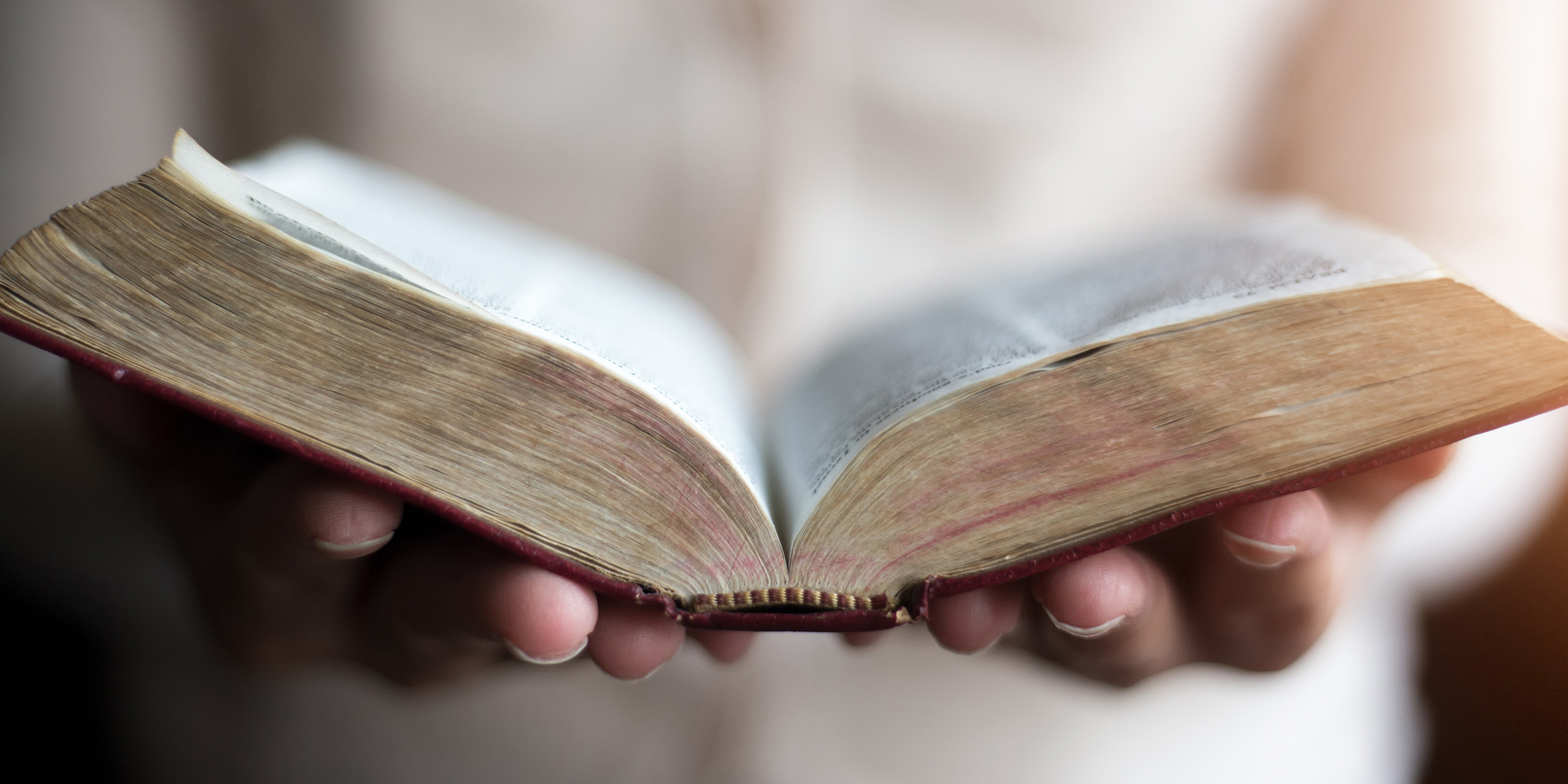Because the pandemic and the various restrictions that come with it have been prolonged, some Christians have begun to feel that some of these restrictions violate their religious freedom, or freedom in general, which could turn into a restriction of the exercise of the religious act at some point. Are the health policies that are meant to stop the spread of COVID-19 in conflict with religious freedom?
Some examples are the ban on attending church during the lockdown, the requirement of a green pass for certain activities and events or for entering into some stores, and the limitation of the number of participants in various activities, whether religious or not.
There are also Christians concerned about the fact that some official church channels promote or support the immunization campaign and the prevention rules recommended by the authorities. They consider the association of the church with any of these provisions a betrayal of its mission, while dissociating from them is seen as an affirmation of personal and religious freedom.
The question is: Are the restrictions imposed by the policies to combat the pandemic a violation of religious freedom, or at least a factor in this direction? To answer we must first define religious freedom. There are several concepts, but in essence, there are two directions of understanding.
What is religious freedom?
Religious freedom is the free exercise of religion (the right to practice religion and to preserve and develop religious institutions), and the equality of all religions (none is more important than another before the law).[1] The latter is not relevant to the subject at all, because the restrictions related to the new coronavirus have no confessional colour. There is no religious group (Christian or not) that is favoured by the law over others.
In a document of the World Health Organization (WHO), dated April 7, 2020, leaders of all faiths are considered partners of the authorities in the fight against the pandemic.[2] In this set of practical considerations and recommendations it is emphasized that all these leaders have a decisive role to play in pastoral support and combating misinformation, but also in terms of compliance with the public health policies.
The first component of the definition of religious freedom deserves more attention. However, it is not too difficult to understand that even the issue of free practice and observance of religious activities is not threatened by the official policies when read from the appropriate perspective.
The viewpoint of the Seventh-day Adventist Church
In the latest official statement of the General Conference of Seventh-day Adventists, published on October 25, 2021, in collaboration with some of its departments (the Biblical Research Institute, Department of Health, Department of Official Relations and Religious Freedom) and Loma Linda University, it is repeatedly emphasized, in various formulations, that the Adventist Church respects the individual rights and freedoms of those who choose not to be vaccinated.[3] The text reminds us that this freedom is innate, and has been since Adam and Eve, but emphasizes that our first parents are also an example of the harmful consequences of foolishly exercising this freedom.

The Adventist Church’s communiqué defends personal freedom, while recommending compliance with health policies in order to stop the spread of the coronavirus. Moreover, they emphasize that the public health measures imposed by the authorities do not amount to the oppression of the free exercise of religion, as understood in Adventist theology and the interpretation of apocalyptic prophecy. Two important paragraphs in this release are set out below:
“The Seventh-day Adventist Church, in consultation with the Health Ministries and Public Affairs and Religious Liberty departments of the General Conference of Seventh-day Adventists, is convinced that the vaccination programs that are generally being carried out are important for the safety and health of our members and the larger community. Therefore, claims of religious liberty are not used appropriately in objecting to government mandates or employer programs designed to protect the health and safety of their communities.
This has generally been the position of the church for the last century since the modern vaccine program was developed. If we use our religious liberty resources in such personal decision advocacy efforts, we believe that we will weaken our religious liberty stance in the eyes of the government and the public. Such efforts would make it less likely that these arguments will be heard and appreciated when they are used for matters of worship and religious practice.”
Conclusions
The statement makes it very clear that the Adventist Church respects personal opinion, but does not recognize as valid the objection to immunization or other recommendations to combat the pandemic on the grounds of violation of religious freedom. Violation of this freedom has to do with religious worship and practice and, most importantly, is religiously motivated.
The history of religious restrictions is full of laws by which certain religious beliefs or practices have been outlawed for what those beliefs or practices represented. In contrast, in the case of the COVID-19 pandemic, the restrictions affecting religious practice were/are partial, temporary and always motivated by the need to maintain public health.[4] In the absence of religious motivation directed against the exercise of any faith, the feeling of a threat to religious freedom in the context of the pandemic seems excessive.
PhD Associate Professor Laurenţiu-Florentin Moţ, New Testament studies, rector of the “Adventus” University of Cernica



















